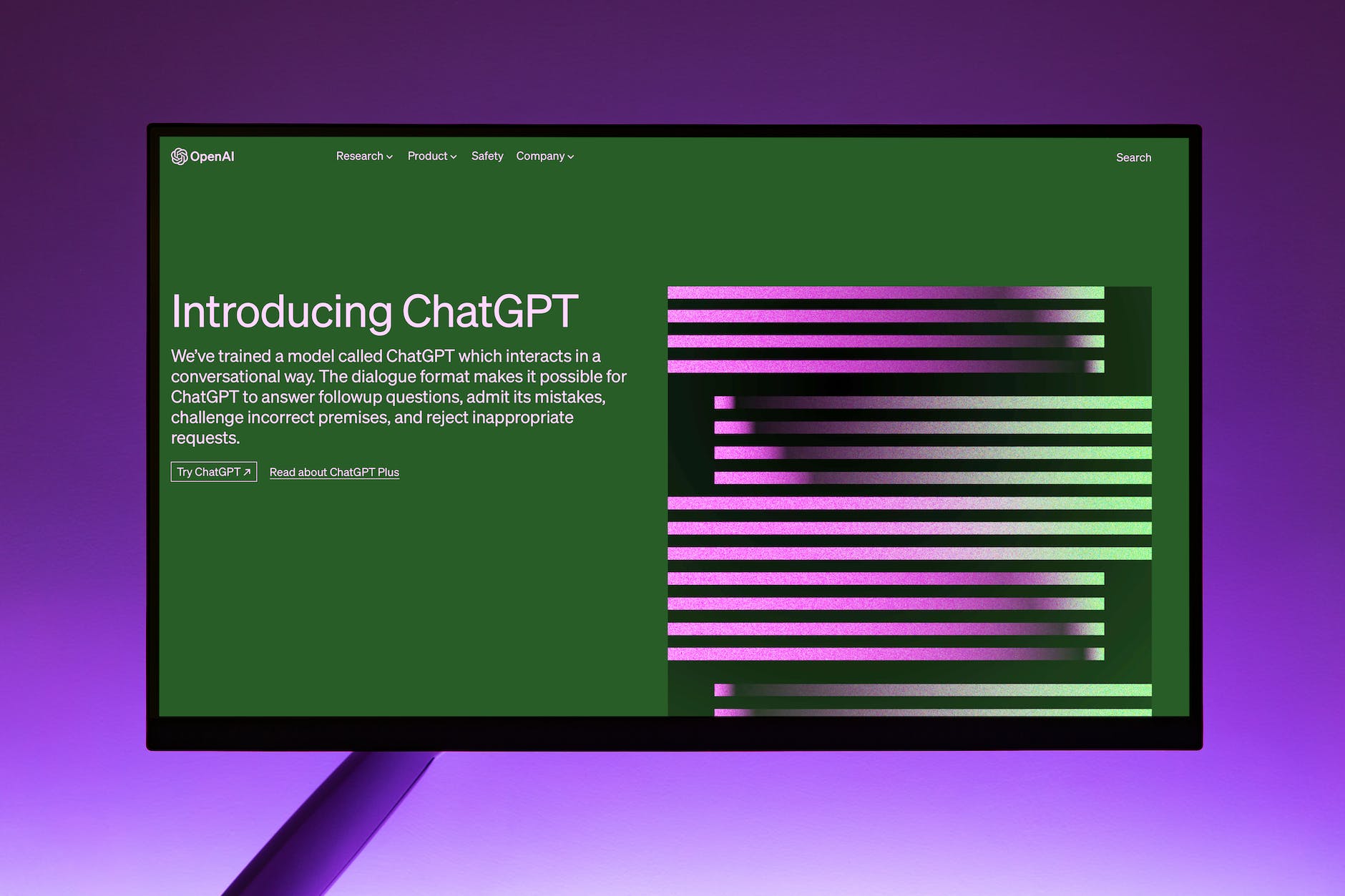
The world of education, specifically K-12, is on the brink of a significant transformation. The catalyst? Generative AI tools. These tools, such as Large Language Models (LLMs) and ChatGPT, are heralding a new era of automation, promising to reshape how we approach administrative and teaching tasks in schools.
Generative AI tools are a generational leap in what we can automate with software. They are not just about replacing human effort but also about creating entirely new kinds of automation. The potential impact on jobs and people is profound, and the pace of change is rapid. For instance, ChatGPT has already amassed over 100 million users in just six months.
The world of education is no stranger to automation. Over the past two centuries, we’ve seen waves of automation that have eliminated certain jobs while creating new ones. This process, while sometimes disruptive, has ultimately led to increased prosperity and efficiency.
For school administrators and teachers, generative AI tools could automate many tasks, freeing up time for more strategic and student-focused activities. For example, these tools could automate administrative tasks such as scheduling, record-keeping, and communication with parents. They could also assist teachers with tasks such as grading, lesson planning, and even providing personalized learning support for students.
However, the adoption of these tools is not without challenges. The tools that people use to do their jobs are complicated and very specialized, embodying a lot of work and institutional knowledge. Replacing or automating any of these tools and tasks is not trivial. There’s a huge difference between an amazing demo of a transformative technology and something that a big complicated organization can use.
Moreover, while generative AI tools can answer ‘anything’, the answer might be wrong. They are not databases but pattern matchers. They can produce answers that fit the pattern of the question but may not be factually correct. This means that while they can automate many tasks, their outputs still need to be checked.
Despite these challenges, the potential benefits of generative AI tools in K-12 education are immense. They could lead to more efficient administration, more personalized learning, and ultimately, better educational outcomes for students. However, it’s important to remember that these tools are not a magic bullet. They are just another wave of automation, and their successful implementation will require careful planning, training, and adjustment.
In conclusion, generative AI tools hold great promise for automating tasks in K-12 education. However, their adoption will require careful planning and a clear understanding of their capabilities and limitations. As with any new technology, the key to success will be in how well we integrate these tools into our existing systems and processes, and how well we adapt to the new ways of working they enable.
FAQ
- What is generative AI? Generative AI, including Large Language Models (LLMs) and ChatGPT, represents a significant change in what we can automate with software. It’s not just about replacing human effort but also about creating entirely new kinds of automation.
- How fast is the adoption of generative AI tools like ChatGPT? The adoption is happening very rapidly. For instance, ChatGPT has amassed over 100 million users in just six months.
- What is the potential impact of generative AI on jobs? Generative AI tools have the potential to automate many tasks, which could lead to job displacement. However, similar to previous waves of automation, they could also create new types of jobs.
- What challenges are associated with the adoption of generative AI tools? The tools people use to do their jobs are complicated and very specialized, embodying much work and institutional knowledge. Replacing or automating any of these tools and tasks is not trivial. Additionally, while generative AI tools can answer ‘anything,’ the answer might be wrong as they are not databases but pattern matchers.
- What is the potential of generative AI tools in the education sector? In the education sector, generative AI tools could automate many administrative tasks and assist teachers with tasks such as grading, lesson planning, and even providing personalized learning support for students.
- What is the future of generative AI tools? The future of generative AI tools is likely to involve more automation, but also more integration with existing systems and processes. Their successful implementation will require careful planning, training, and adjustment.
- What is the ‘Lump of Labour’ fallacy? The ‘Lump of Labour’ fallacy is the misconception that there is a fixed amount of work to be done and that if a machine takes some work, there will be less work for people. However, if it becomes cheaper to use a machine to make, say, a pair of shoes, then the shoes are cheaper, more people can buy shoes, and they have more money to spend on other things besides, and we discover new things we need or want, and new jobs.
- What is the Jevons Paradox? The Jevons Paradox suggests that as technological progress increases the efficiency with which a resource is used, the total consumption of that resource may increase rather than decrease. This paradox has been applied to white-collar work for 150 years.
- What is AGI (Artificial General Intelligence)? AGI refers to a type of artificial intelligence that is as capable as a human at any intellectual task. If we had AGI, it could potentially change everything, including overriding all the complexity of real people, real companies, and the real economy. However, as of now, we do not have AGI, and without that, we have only another wave of automation.
- How can generative AI tools help in personalized learning? Generative AI tools can provide personalized learning support for students by adapting to each student’s learning style and pace. They can provide additional explanations, practice problems, and feedback, making learning more effective and engaging.
- Can generative AI tools replace teachers? While generative AI tools can assist with tasks such as grading and lesson planning, they are not a replacement for teachers. Teachers play a crucial role in motivating students, managing the classroom, and providing emotional support, among other things. These are aspects that cannot be automated.
- What is the role of generative AI tools in administrative tasks? Generative AI tools can automate administrative tasks such as scheduling, record-keeping, and communication with parents. This can free up time for school administrators to focus on more strategic tasks.
- What is the difference between a database and a pattern matcher in the context of generative AI tools? While databases store and retrieve factual information, pattern matchers, like generative AI tools, generate responses based on patterns they’ve learned from data. This means they can produce answers that fit the pattern of the question but may not be factually correct.
- What is the importance of careful planning and training in adopting generative AI tools? The successful implementation of generative AI tools requires careful planning and training. This is because these tools must be integrated into existing systems and processes, and users need to understand their capabilities and limitations.
- What does it mean that generative AI tools are not a magic bullet? This means that while generative AI tools hold great promise, they are not a solution to all problems. Their successful implementation will require careful planning, training, and adjustment. They are just another wave of automation, and their impact will depend on how well we adapt to the new ways of working they enable.
- What is the potential impact of generative AI tools on educational outcomes? By automating administrative tasks and assisting with teaching tasks, generative AI tools could lead to more efficient administration, more personalized learning, and, ultimately, better educational outcomes for students.
The Eclectic Educator is a free resource for everyone passionate about education and creativity. If you enjoy the content and want to support the newsletter, consider becoming a paid subscriber. Your support helps keep the insights and inspiration coming!







